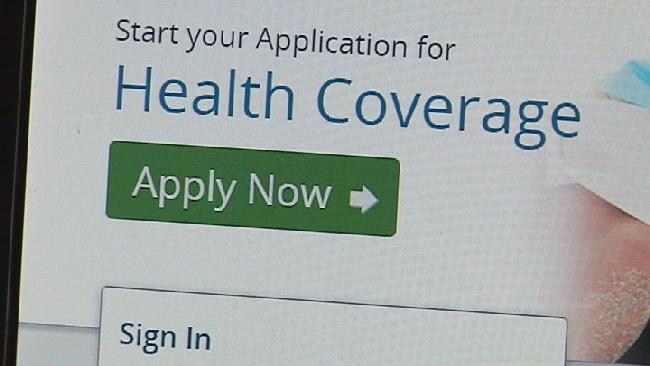Connector tying copay relief to health conditions – WWLP.com

BOSTON, Mass. (SHNS)– Officials at the Massachusetts Health Connector on Thursday put forward a framework for their 2023 health insurance offerings that would eliminate sick visit copays and cost-sharing on common medications for four chronic conditions for people enrolled in its ConnectorCare plans.
At a board meeting, Connector staff presented the authority’s priorities for next year, detailing initiatives that Executive Director Louis Gutierrez said include “significant changes that expand benefits and coverage to our members over the next two years.”
Health Connector offering health insurance sign up on Mass income tax form
The Connector each year goes through a process that sets parameters for the plans sold through the insurance marketplace and establishes design elements of the ConnectorCare program, which is available to qualifying residents whose income is at or below 300 percent of the federal poverty level.
For next year, the Connector is proposing $0 cost-sharing in the ConnectorCare program for diabetes, asthma, coronary artery disease and hypertension — conditions that chief of policy and strategy Audrey Morse Gasteier said disproportionately affect communities of color.
She said eliminating cost-sharing for ConnectorCare members’ sick visits to primary care providers would “ease access to the care setting where many of these chronic conditions are managed.”
Americans can request at-home COVID-19 from private health insurance plans
Morse Gasteier said the Connector is looking to use value-based insurance design initiatives “to address the racially disparate incidence of key chronic conditions and how they relate to inequities and health outcomes, disparities in forgone care due to costs and disparate burdens associated with medical debt, all of which, if left unaddressed, further exacerbate health status and life expectancy disparities, as well as economic inequities and the persistence of the racial wealth gap.”
Amy Rosenthal, executive director of Health Care for All, said the moves show “it is possible to do more than just talk about health equity.” Rosenthal urged lawmakers and other state agencies to consider expanding on the Connector’s model for Bay Staters with other types of insurance. “These actions represent concrete steps to make care more affordable and accessible to the communities that have faced the greatest barriers to accessing it,” Rosenthal said.
Other “equity-minded components,” Morse Gasteier said, include efforts to enhance behavioral health access, minimize barriers to gender-affirming care and other services for transgender members, and ensure access to care for people with limited English proficiency.
Connector officials said they are also taking steps to require all insurance carriers that offer plans through the Health Connector to also participate in the ConnectorCare program starting in 2024, to better link enrollees with the full range of carriers and providers involved in the exchange.
Under a proposed timeline presented Thursday, the Health Connector plans to release a request for responses next week for its 2023 seal of approval, with responses due in May. Conditional and final seal of approval votes on 2023 plans are anticipated at July and September board meetings, respectively.




